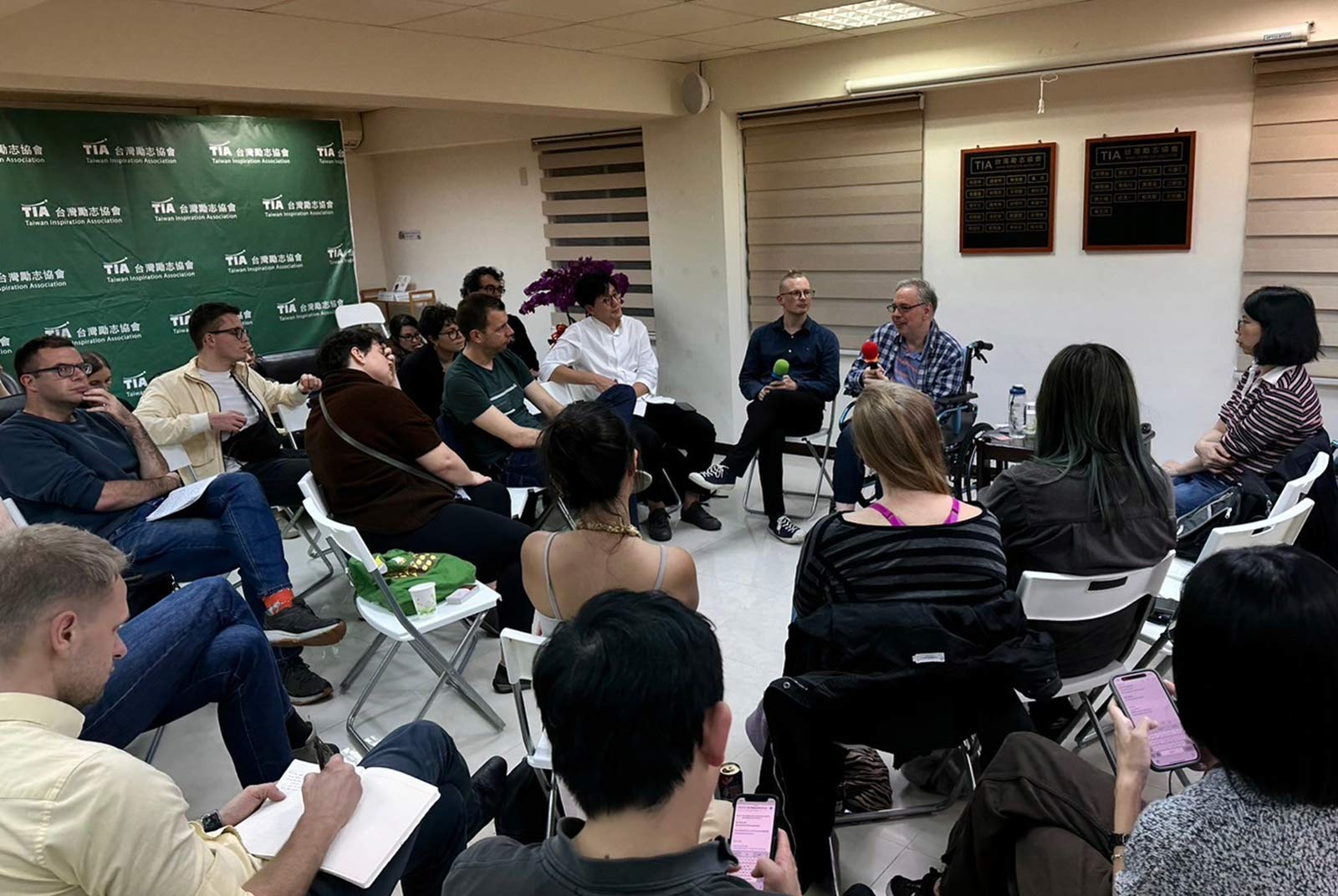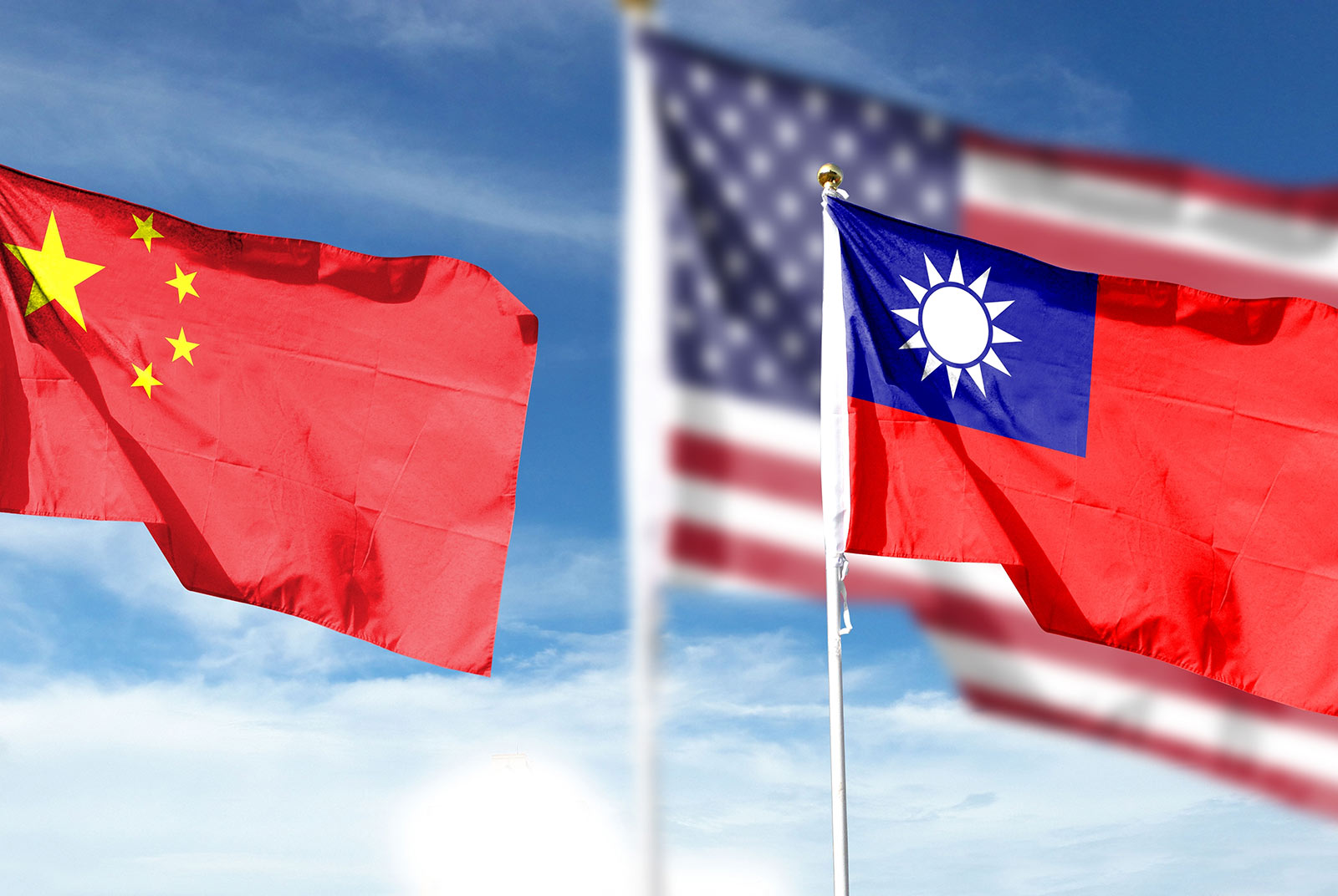Time to leverage the pull- factor to attract more foreigners in Taiwan

Source:Shutterstock
Taiwan has been encouraging foreigners to enter the job market. But unequal salaries, high housing prices, complicated loan requirements remain. How can Taiwan be ready to handle a larger foreign population?
Views
Time to leverage the pull- factor to attract more foreigners in Taiwan
By Arpita Duttaweb only
Beyond serving the purposes of reducing geopolitical dilemmas, international immigrant allies can also be the messiah to the Taiwan labor drought.
For quite some time, Taiwanese industries have been worried about production disruption because of the labor shortage. It is a well-known fact that a shrinking workforce would cripple economic development, and companies would find no alternative but to outbound their investments.
This labor dearth compelled Taiwan to adjust its immigration policy goals and adopt the ‘Recruitment and Employment of Foreign Professionals Act’ in 2017, also has simplified all relevant employment regulations. The ultimate goal is to encourage foreigners to study in Taiwan and enter the Taiwan job market. In November 2021, Taiwan National Development Council (NDC) vowed to triple the number of foreign professionals by 2030.
Now, the main question remains, whether Taiwan is ready to handle such a foreign population now.
Taiwan is indeed a great place to live. It is foreigner-friendly, cultural plurality is well-admired, and Taiwan has vowed to be fully bilingual by 2030. Many foreigners are seeing great comfort in relocating to Taiwan.
However, it might be time to analyze whether only a talent recruitment policy is effective enough to attract foreign professionals. Beyond the talent recruitment scheme, the government might need to take some note of socio-economic reflections from a foreigner's perspective.
Expats groups have widely discussed the unequal salary conditions, high housing prices, complicated bank loan requirements, credit card requirements, etc.
In addition, a recently published AMCHAM report about mental health might unveil some of the critical points from the eyes of foreign students. Students are the future of a nation and therefore their well-being should be the paramount consideration.
The government might need to understand the existing challenges properly and find an effective solution to achieve the proposed goal of attracting 100,000 foreign professionals by 2030.
For example, the launch of the "1990" hotline service for foreign nationals is a great initiative, but beyond proactive social media users, residents are still in the dark about its existence. If Taiwan officials, police stations, prosecutor's offices, and other important regulatory agencies are directed to use such a helpline might indeed ease some of the challenges while dealing with foreigners.
In addition, courtrooms are one of the most complex platforms. It becomes more volatile when a foreigner enters a courtroom without having proper language proficiency. Seeing this, the Judicial Yuan proposed in 2006 that every single person , no matter what language they speak, should receive fair trials. And many actions were taken care later on, such as many interpreters were appointed to pursue oral arguments conveniently.
However, we must acknowledge the old saying that language is not merely a tool for law, but rather, law is exercised through language. Therefore, we cannot meet the legal need unless we understand the language in notices, complaints, police reports, and other courtroom documents.
Upon receiving such documents in Mandarin Chinese, foreigners, before finding a lawyer, first turn to friends for translation. Unless they understand a legal document in detail, they could not possibly convince a lawyer to represent the case. One has to wonder what would happen if a foreigner who loses a lawsuit could not get a verdict translated before the appeal time expires in 30 days.
In addition, we can hardly imagine how much one has to spend only to have such documents translated. Though this scenario is nothing special in Taiwan, it is a common problem for non-native immigrants worldwide.
Targeting these problems, some proactive U.S. states have been paving the path for a new road. For example, New Mexico courts offer document translation and allow self-represented litigants (Pro Se) to file pleadings in their own languages. And many states have further equipped themselves with AI avatars to provide language assistance. However, these practices are still far from feasible in today’s Taiwan.
However, after 16 years it should be time to ensure proper assistance for foreigners. Dr. Priya Lee Lalwani, a well-known registered translator, has mentioned that “knowing two languages does not always mean proper communication is happening, especially for people from south Asia, who may be fluent but have strong accents. If their statements are not accurately interpreted then it will mislead the judgment”. To understand the real need a simple survey can be conducted with the foreigners who have ever experienced a court case and with the translators, and accordingly the government can craft the most effective plans.
In addition, although the government has integrated relevant laws and regulations for foreigners, still many foreigners think finding a solution in a huge database could still be like searching for a needle in a haystack. Several opinions have been reported that official websites are not efficient in providing accurate answers to a common problem, and they could even be contradictory, due to different interpretations by different people.
If these cognitive gaps can be mitigated, Taiwan will be able to attract the cream of talent from different countries. It is certain that if existing issues are taken into consideration, Taiwan will be able to retain its 1st place as “the best place in the world for expats” for a prolonged period.
Expat’s love for Taiwan can challenge the world’s misconception that ‘immigrants have the potential to instigate social conflicts and disrupt political stability’. In other words, the world can learn a new lesson from Taiwan.
(This piece reflects the author's opinion, and does not represent the opinion of CommonWealth Magazine.)
About the author:

Arpita Dutta is a legal consultant at ‘Louis International Patent Office’, ‘Louis & Charles's Attorneys at Law’ and ‘STARTBOARD Incubator’. Her background has been civil and corporate laws in India. In Taiwan, she has been providing legal support in seasoned industries for corporate and IP disputes and the investors for their intended ventures in India and Taiwan. She is a guest lecturer at the National Taipei University of Technology and Chang Gung University.
Have you read?
- Despite Verbal Support for Hong Kong, Why is Immigrating to Taiwan So Hard?
- Being in Taiwan has been a blessing
- Taiwan APRC FAQ
Uploaded by Ian Huang






